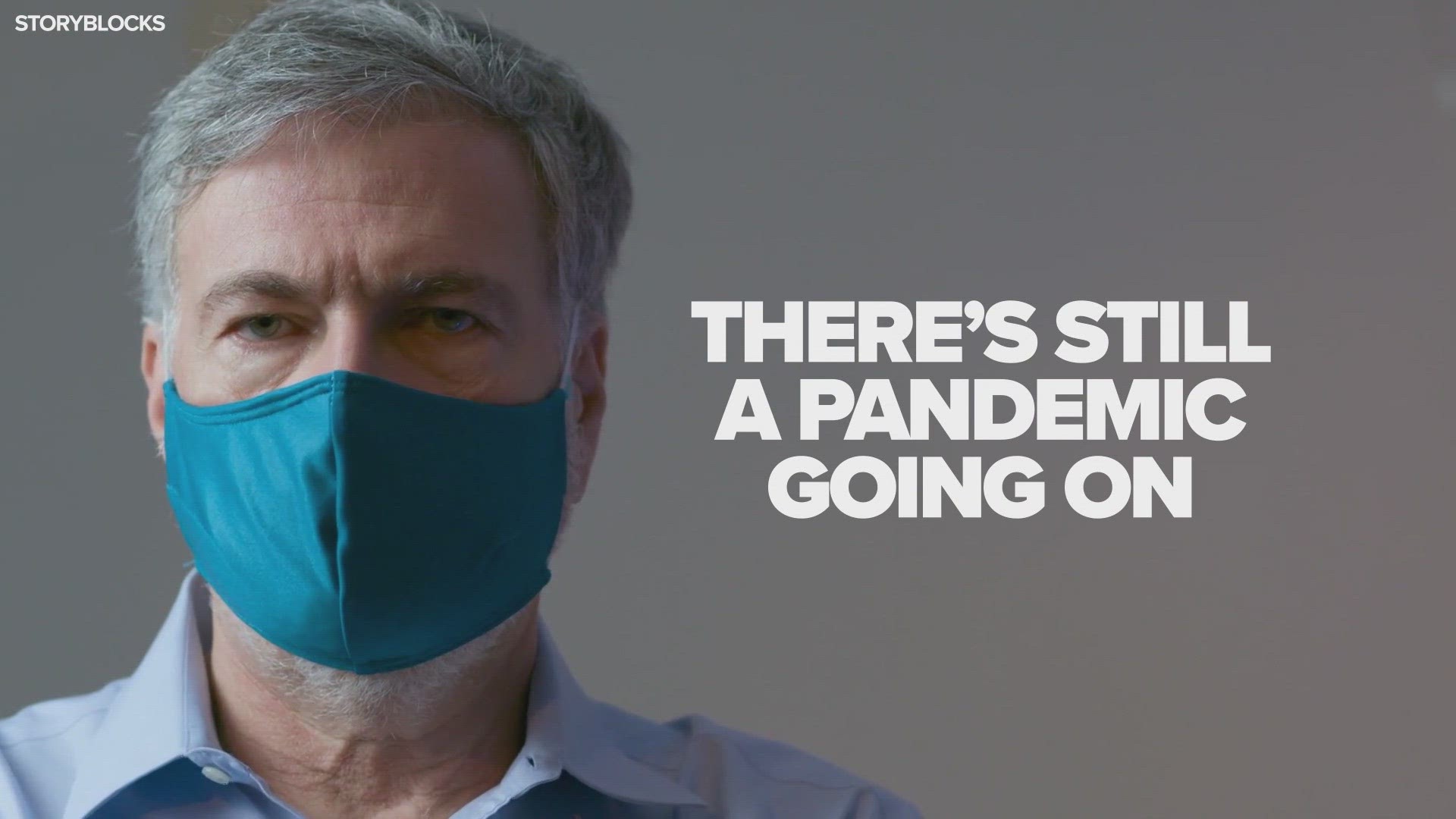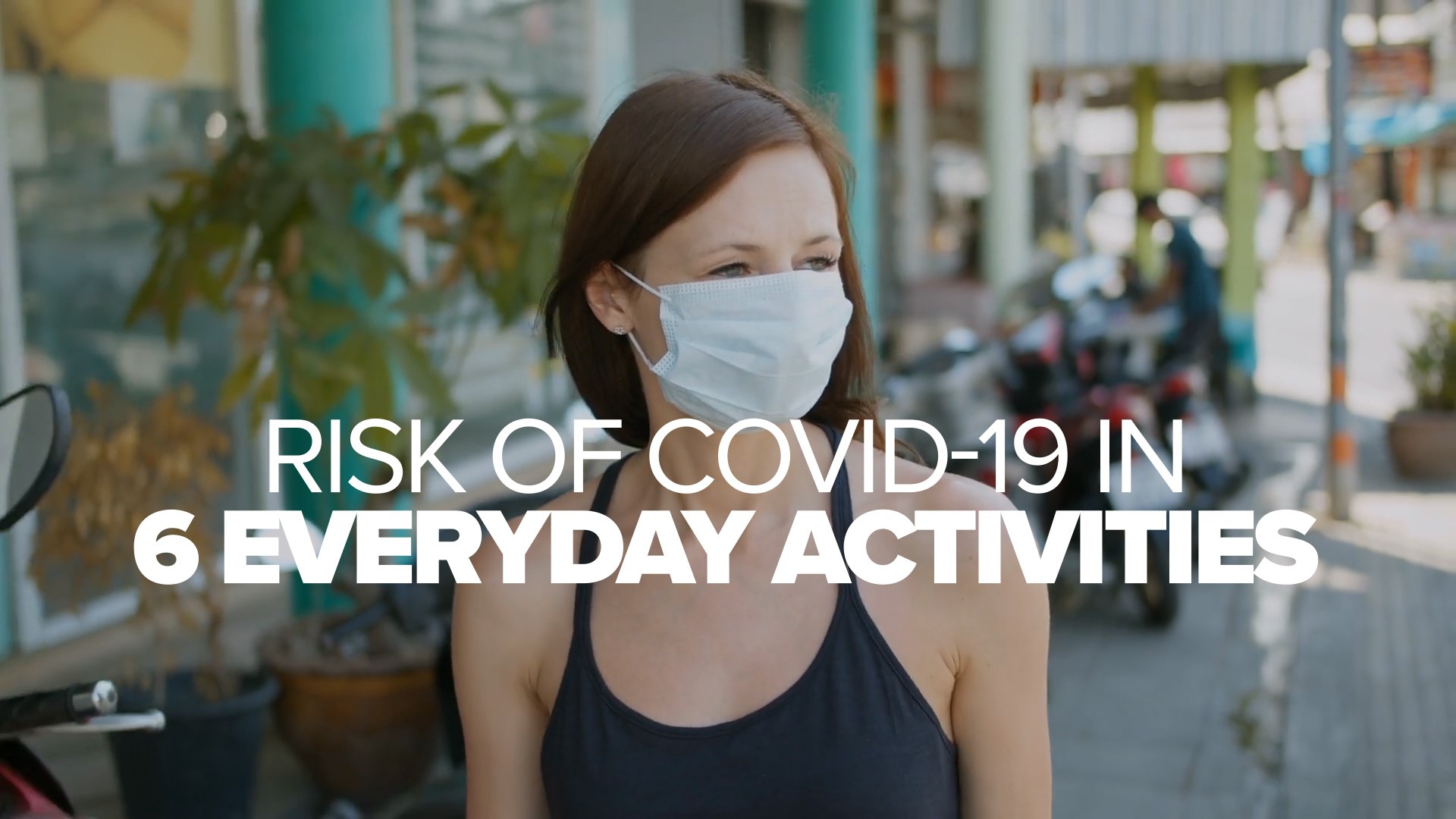WASHINGTON — A new study suggests the coronavirus, SARS-CoV-2, can live on human skin for as long as nine hours, further highlighting the importance of hand washing amid the pandemic.
Researchers from the Kyoto Prefectural University of Medicine in Japan found the virus remains on the skin significantly longer than the influenza A virus (IAV), which only survives on human skin for under two hours.
"This study shows that SARS-CoV-2 may have a higher risk of contact transmission than IAV because the first is much more stable on human skin," researchers said in the study that was published to the Oxford Academic on Oct. 3. "These findings support the hypothesis that proper hand hygiene is important for the prevention of the spread of SARS-CoV-2."
The research was conducted using skin from autopsy specimens about a day after death. The researchers said human skin has a "slower deterioration after death compared to other organs," meaning it can still give accurate readings since it keeps most of its function after death.
RELATED: VERIFY: Hand sanitizer can protect against coronavirus, but not as well as washing your hands
Researchers found that compared to a common strain of the flu, the new coronavirus remained active longer on all surfaces, including skin. While the influenza A virus only survived for about 1.8 hours on skin, COVID-19 lived on for about 9 hours, according to the study.
When added with mucus, COVID-19 became more stable and its survival time on skin lengthened to an average of 11 hours.
However, researchers found that both coronavirus and the influenza cells became completely inactivated within 15 seconds of contact with hand sanitizer that contained 80% ethanol.
The Centers for Disease Control and Prevention recommends washing your hands with soap and water for at least 20 seconds to prevent the spread of respiratory disease. If soap and water are not available, alcohol-based hand rub that contains 60% alcohol should do the trick. The agency says hands should be washed after someone is in a public place, before and after a person cared for someone who is sick, and before and after preparing food.
For most people, the coronavirus causes mild or moderate symptoms, such as fever and cough that clear up in two to three weeks. For some, especially older adults and people with existing health problems, it can cause more severe illness, including pneumonia or death.


